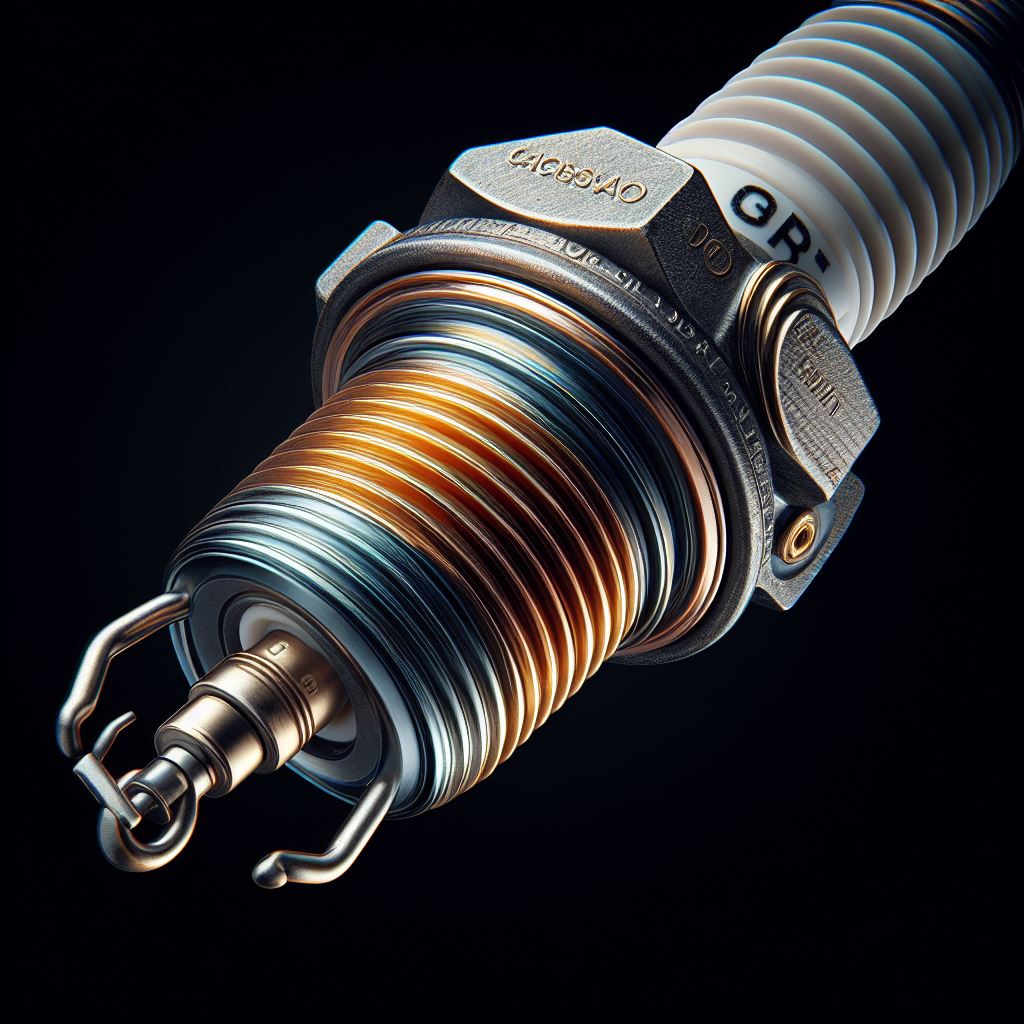E3 spark plugs are made by a company called NGK. Japanese company NGK is one of the largest manufacturers of spark plugs. Among its popular products are spark plugs in the world.
Spark plugs from NGK come in three types: silicone, platinum-cobalt, and non-silicone electrodes. There is also a new type of electrode that can be used with ethanol fuel, reducing emissions by up to 70%. In addition to its torque multiplication design, NGK has several patents for its product innovations.
NGK also sells three other spark plugs for motorcycles: NGK NOCT, NGK NOCT+, and NGK NOCTTER. With platinum-cobalt and platinum-nickel spark plugs, NGK has made numerous improvements. NGK NOCT spark plugs are used by Honda, Suzuki, Kawasaki, Yamaha, Suzuki, BMW, Ducati, and Harley Davidson.
NGK claims that the NOCT spark plug performs consistently at pressures up to 13,000 to 14,000 psi (425 to 440 bar). NGK claims that NOCT spark plugs deliver better fuel economy, are easier to install, and last longer. The NGK NOCT+ is a high-performance spark plug that can handle high pressures.

The Birth of Innovation
DiamondFire Technology
Worldwide Recognition
Why is NGK successful?
To market, the company focuses on a simple image - black rubber. NGK's famous race-car emblem has long been white. It sells versions of this oil-swirling wheel in automobiles, light trucks, marine engines, cranes, and excavators.
NGK also has a simple marketing strategy for products under its brand. NGK spark plugs come with free tools, including an Allen wrench, a hex wrench, a torque wrench, and a speed wrench.
Other Facts E3 spark plugs are sold in the US and Canada under the name NGK Spark Plugs. E3 is short for "extended frequency range." After winning a 50-year marketing contract with NGK in 1996, Energizer Holdings, Inc.
What makes NGK spark plugs different?
The NGK spark plugs on display at E3 are non-silicone versions with platinum-cobalt electrodes. Non-silicone spark plugs from NGK do not require a vented bell housing for torque reduction.
This means there is no need for spark plugs in non-silicone spark plugs. Compared to silicon spark plugs, non-silicon spark plugs allow you to modify the engine in minor ways. NGK non-silicone spark plugs are considered safer because they do not have a vent.
The most efficient standard spark plugs on the market are platinum-cobalt electrodes. They can be used with gasoline, diesel, and E85. NGK non-silicone spark plugs are very durable and have a long lifespan. What kinds of devices work with NGK spark plugs?
Manufacturing E3 Spark Plugs
The E3 spark plugs are manufactured in Nagoya by NGK in two different processes. They start with a layer of chrome-plated alloy, which is the core of the plug. Then they add a boron-tin alloy on top of the chrome, which functions as a protective layer.
Next comes a nickel-phosphorus alloy which protects the core and acts as a conductor. The final part of the process is the keyed alloy, which acts as a charging electrode and reduces friction.
In the shipment, a plastic film protected by clear plastic panels protects the spark plug's interior. They are then shipped by airmail from Japan to an airfield in California.
Frequently Asked Questions
What Makes E3 Spark Plugs Unique?
The shape and size of the spark plug depend on the size of the engine. E3 spark plugs are designed for smaller internal combustion engines, such as scooters. Creating space between the spark plug and flame front allows the flame front to ignite more quickly. With traditional spark plugs, the discharge side and the fuel outlet side are in the exact location. This prevents the engine from heating while the fuel flows through the combustion chamber. The only way to stop a piston from turning due to a lack of oxygen is to add more fuel. In overfilled engines, this can result in a buildup of pressure, damaging the spark plugs.
How NGK makes spark plugs?
Non-silicone spark plugs are designed for use with a few types of gasoline. They're compact and more easily installed. NGK also manufactures silicone spark plugs that work for a variety of fuels. Diesel vehicles use platinum-cobalt electrodes, which withstand incredibly high temperatures and abuse. Some spark plug problems include breaking, getting stuck in engines, and needing to be serviced regularly.
What is NGK?
The parent company of NGK, National Industries Corporation, was founded in 1945. World War II government funding allowed NICT to buy bankrupt Iwase-Kokusai Seizo Kagaku and rename it NGK.
As well as spark plugs, NICT makes components like fuel injectors, fuel pumps, and exhaust systems. NGK also offers a services division to support customers throughout the automotive industry. It belongs to an international group of companies that produces electrical components, household appliances, and industrial systems.
How does NGK innovate?
Many innovations have been made in this area and have made them household names. NGK pioneered the design of an alternative fuel gas/liquid mixture, which is the basis of the E100 plug.
NSK developed "plug-and-play" technology that allows automakers to install and remove spark plugs without changing vehicles' chassis. Their innovation in ABS charging systems is also innovative. NGK "Butt Plug" is much smaller and thinner than standard 12V plugs, helping to reduce battery space.
Conclusion
These four companies are leading spark plug manufacturers in North America and North America alone. With lots of manufacturers, it's tough to differentiate which one is best. Several companies claim to be the best brand, but NGK, Fortune, and Amsoil are the best. With their current performances, I would choose NGK. Stay tuned for information about Spark Plugs and Grinding Gear Games.
